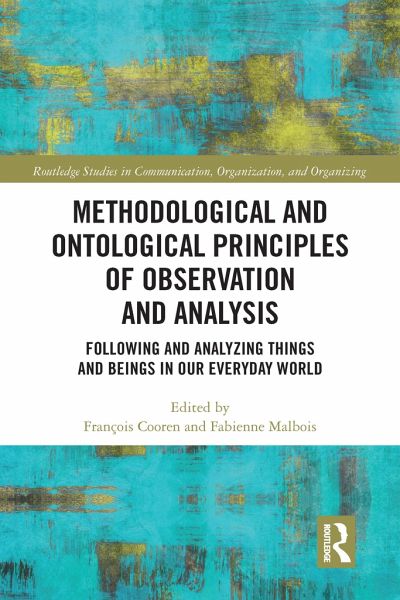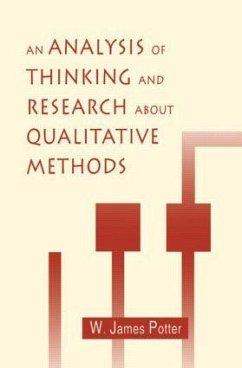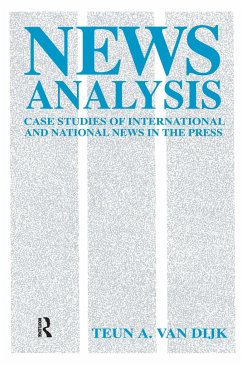François Cooren, Ph.D., is a professor at the Université de Montréal, Canada. His research focuses on organizational communication, language and social interaction, as well as communication theory. He is the author and co-author of four books (The Organizing Property of Communication (2000), Action and Agency in Dialogue: Passion, Incarnation, and Ventriloquism (2010), Organizational Discourse: Communication and Constitution (2015), and The work of communication: Relational perspectives on working and organizing in contemporary capitalism (2017)) and also edited seven volumes published by Oxford University Press, Routledge, John Benjamins and Lawrence Erlbaum. He is also the author of more than 50 articles, published in international peer-reviewed journals, as well as more than 50 book chapters. In 2010-2011, he was the president of the International Communication Association (ICA) and was elected fellow of this association in 2013. He is also the current president of the International Association for Dialogue Analysis (IADA, 2012-2019), as well as a Distinguished Scholar of the National Communication Association (NCA) since 2017. Fabienne Malbois, Ph.D., is associate researcher at the University of Lausanne and senior academic UAS at the School of Social Work of Geneva. Her research interests include language, interaction and gender in traditional and digital media settings as well as in ordinary contexts; (de)figuration of oneself in the public sphere; performance and recognition; the local and extra-local organization of action, and, more recently, the digital transition of work. Her case study of Chelsea (Bradley) Manning, conducted using a variety of ethnographic methods, has been published in various international peer-reviewed journals. She is the author of one book (Déplier le genre. Enquête épistémologique sur le féminisme antinaturaliste, 2011) and also edited in 2014 Langage, activités et ordre social. Faire de la sociologie avec Harvey Sacks (with Alain Bovet and Esther González Martínez). She is the translator into French (with Michel Barthélémy and Julia Hedstroem) of Dorothy Smith's Institutional ethnography. A sociology for people.
















